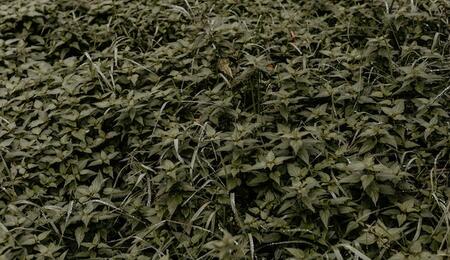Cannabis for Climate Change

Cannabis may help in the fight against climate change, as hemp can soak carbon dioxide up from the air over twice as effective as trees.
Studies have shown that hemp catches up to 16 tons of greenhouse gas yearly, while trees only suck up about six tons. The carbon dioxide also becomes perpetually encased within hemp fibres used in everything from textiles to medicines and car parts.
New York research centre, Hudson Carbon, studies carbon storage and found that just one acre of cannabis plants can stow up to three tons of carbon, extracting more than seven tons from the atmosphere.
While the U.S. only accounts for five per cent of the global population, they are responsible for 28 per cent of global carbon emissions.
"Roughly speaking, if [the U.S.] did 50 million acres of hemp, we would be sequestering a couple hundred million tons of carbon per year on that acreage."- Ben Dobson, founder and president of Hudson Carbon.
Hemp is a variety of cannabis that contains much lower THC levels than marijuana. The plant is considered purifying,' removing toxins from the air and trapping them within its fibres.
Hemp absorbs carbon from the air whilst growing, making it a carbon-negative crop. Other crops, like cotton, need 1,500 gallons of water, at least for every pound produced. Hemp requires less than half that yet creates over 200 per cent more fibres on the same land, according to the British Hemp Alliance.
Cannabis has become an influential source of bioplastics, construction and biofuels. Studies have uncovered that the U.S. produced '600 million tons of construction and demolition debris in 2018.
Along with purifying greenhouse gas air, cannabis plants absorb carcinogenic heavy metals. This includes lead, mercury and cadmium from soils. Researchers have analyzed previous studies to scrutinize the power of cannabis plants to absorb heavy metals.
It has been found that some strains have been bred explicitly for 'phytoremediation' – growing plants to remove soil pollutants.
There is a risk here, however, of heavy metals seeping into cannabis later harvested and ingested by humans, potentially causing cancer and neurological issues.








